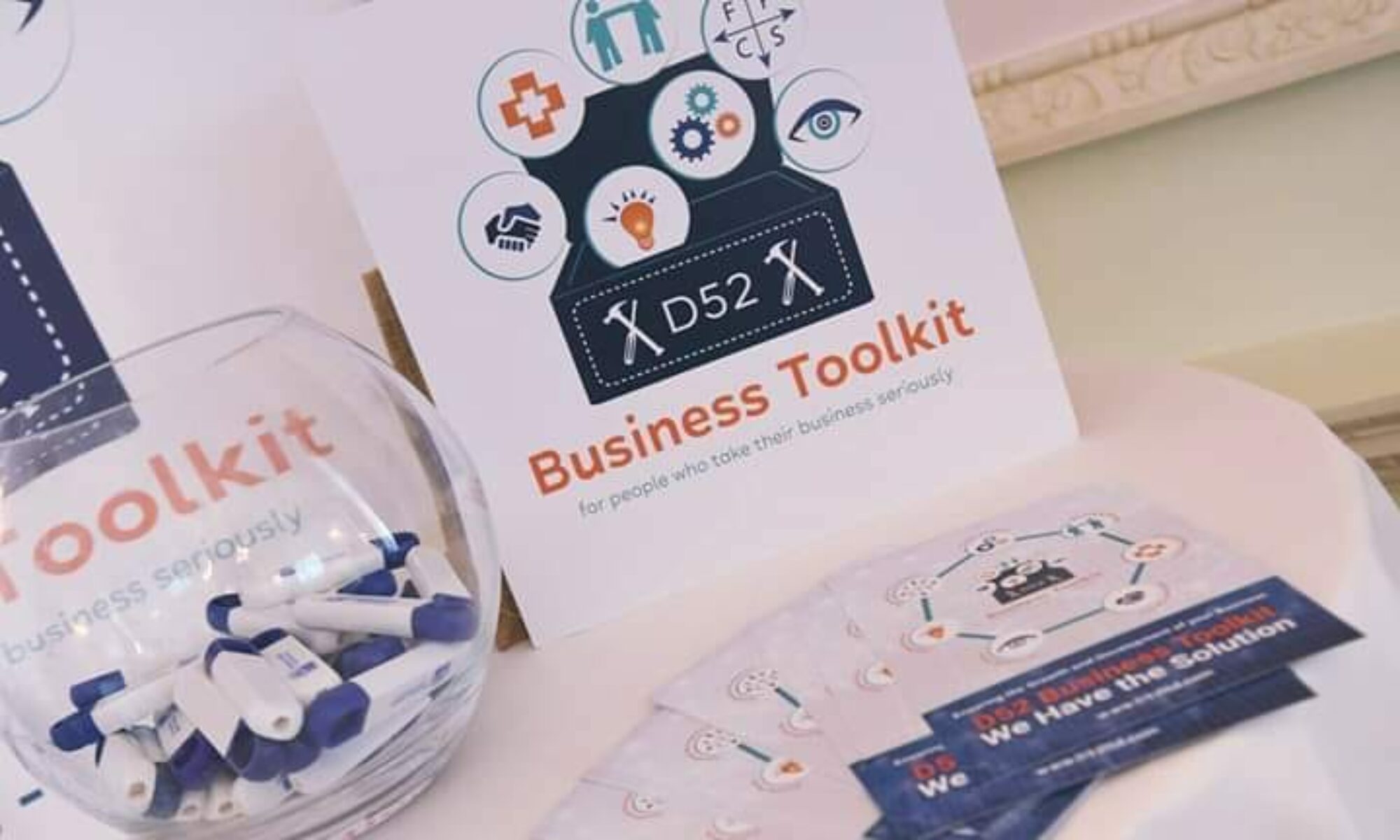You awake in the middle of the night with a brilliant idea, it consumes your thoughts and you have to start writing them down. The next thing you realise is that 4hrs have disappeared and it’s morning. The idea starts to gain momentum, world domination seems possible, ultimate wealth beckons and the idea starts to consume you day and night.
It is everything you have ever wanted.
Everyone you meet knows about your idea, you buy a domain name, rebrand yourself and launch this new concept. For 3-4 months you stay focused, until you watch a TV programme about something else, or are in conversation with a colleague about their business. Suddenly a new thought emerges, and you start to question your original plan.
A new concept is born and you can’t get to sleep, you toss and turn and awake in the middle of the night as it consumes your thoughts; you have to start writing them down. You now drop the original idea and move on to something else! You are surprised that your original idea felt so right but you can drop it so easily.
If this describes you, you are possibly ephemeral: attracted to short lived activities, almost as if existing for only one day.
Shiny ball syndrome is the name commonly given to this phenomenon whereby individuals constantly change their goals or focus every time they see a new “shiny ball” of potential. Be honest is this you?
Shiny ball syndrome, can often elicit amazing ideas but can also have a downside that it may not necessarily be something better… and more likely, could be a sign that you were never really committed to the original goal or haven’t even really spent the time to identify what you really want. Reader if this is you, it’s ok, yes you suffer from being Ephemeral, but help is at hand.
So often, being ephemeral occurs as a result of chasing quick solutions, get rich quick schemes and not dealing with what truly inspires you and/or finding your ‘why’. This lack of conviction about an idea in order to see it through, creates uncertainty, and the belief that you haven’t found the magic formula, thus making you prone to look for another solution. A savvy entrepreneur will check viability of their best idea and lay to rest their creative brain through one of many strategies, either a note book or an ideas box, and of course, accountability.
If you find yourself constantly changing your goals and direction, be very careful not to make it a lifelong habit. You could fool yourself into thinking you are inspired, motivated and goal-driven, when in fact you are just chasing your tail, making a lot of noise and going nowhere.
If you don’t build strong walls of commitment, you are likely to shoot off course as soon as you find another project that appeals to you.
Those who are susceptible to shiny ball syndrome should be especially careful not to adopt other people’s goals. If you don’t have a personal dream, sure as hell, someone else does, and you will be susceptible to all types of schemes.
I know from experience that if you are wavering because your ‘why’ is about getting rich quickly, someone will recruit you to build their dream, often a tactic seen in network marketing. Of course if getting rich or having a residual income is your ‘why’ then network marketing is an ideal solution; but if you do still have a passion for something else inside you then be warned you energy will be exhausted recruiting for distributors and your original dream will not have the time or resources to come to fruition.
Sometimes we see someone who is succeeding in a certain area of their life, and we decide that we’d like some of what they have! Your own goals then fall by the wayside as you alter your course towards someone else’s. You live their dream, not yours. You build their empire not yours. You could then spend years of your life chasing a shiny ball that was never even yours to begin with. The worst case scenario is if you actually succeed, because when you arrive, you will most likely realize that it was never what you wanted anyway, and you’ll have to start all over again.
You may be successful in achieving the goal, but if it’s not what you really want, you will never be truly fulfilled. I see this happen all the time.
“Success without fulfillment is failure” – Anthony Robbins
Today there are more opportunities and options than ever before. Every day new products, services, food, ideas, programs, books, courses, jobs, careers, and education are being marketed to you through the internet, television, radio, newspapers, billboards, and posters. Advertisers and salesmen are becoming extremely efficient at grabbing your attention and planting a seed in your mind on how to do less and earn more. Although the options are forever growing, one thing remains constant – you can’t do everything.
If you don’t stand up for your own goals and dreams, you will be swept away and distracted by the never-ending field of shiny balls being dangled in front of your face each day.
So my suggestion, if this rings true, is to find what you love, what you’re good at, even if it isn’t the ‘get-rich-quick’ route and commit to making the idea viable.
Today we live in a society which idealizes self- employment, but this is the hardest route, as it requires commitment to ONE idea above all else and the ‘project’ has to wait until the first idea has been made viable.
So if you struggle with being ephemeral, maybe finding a creative employed route would enable you to follow as many shiny balls as you like in your ‘down-time’.
As a business advisor I am totally supportive of entrepreneurialism but would add that you need a strong business advisor to keep you on track if you do suffer from following transient projects.
I give my clients a Shiny Ball box™, a bit like Pandora’s box, which can only be opened when one idea has become viable.
To conclude: The greatest and best ideas come from creative and often ephemeral individuals, who are constantly finding solutions and seeing niche markets, but do take the time to decide on one workable course of action before moving on to something new. Being an entrepreneur is a blessing, so use your time wisely.
Word of Caution: If you don’t stand for something, you’ll fall for anything





